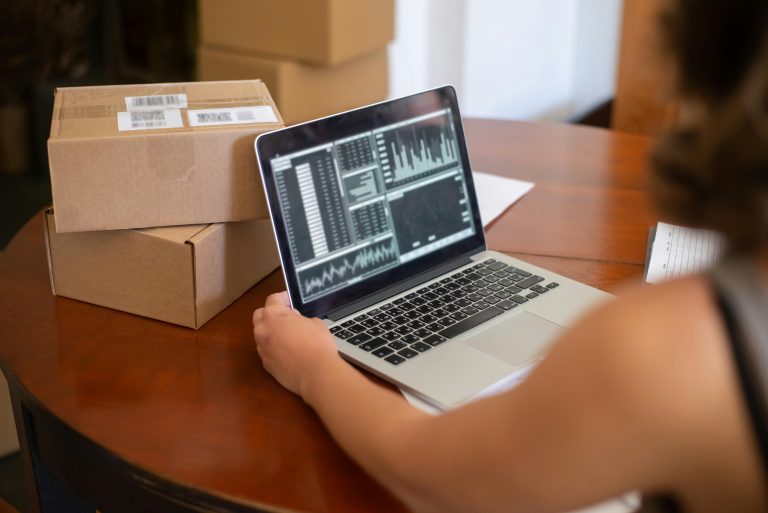

Laptop scanners benefit people in multiple ways, not the least important of which includes saving companies cash in printing out documents: the typical company that has 1,000 employees or more will waste between $6 million and $12 million each year searching for information that does not exist, failing to discover existing information, or making new information that was not able to be found. This is all according to International Data Corp., which researches how much information is used electronically and in paper form and how the difference could mean significant cost savings for commercial entities. Also according to IDC, 95 percent of information that is business related is on paper, with the typical worker printing out 45 sheets of paper each day. How laptop scanners could bring this number and cost down significantly is gaining an interest among companies tired of wasting their money on these efforts and on this paper.
Paper costs are ridiculously high these days, and the sheer volume of paper used is still high too. A filing cabinet with filing drawers has an average of 10,000 to 12,000 pieces of paper in it, a staggering number when considering the number of filing cabinets that exist within any given business. With all this paper, it is becoming cumbersome, time consuming and cost ineffective to continue with business as usual, and so many companies are investing in laptop scanners to scan their paper and then recycle it, never needing to worry about it again. With a digital filing system instead of a paper based one, a company could consolidate and back up all hard copies of receipts, paperwork, and other documents, which then could be stored or recycled depending on the need.
With a laptop scanner, a company could digitize every one of its documents. And because most laptop scanners are actually portable scanners, this feat could be accomplished easily and from anywhere. A portable scanner makes things simpler for all company employees who are collaborating to digitize information, meaning that scanner could be passed on from one person to the next with ease. And one all information has been stored into laptop scanners or a business card scanner, which works in a very similar way, then that information could be stored on a cloud for safe keeping and easy access. According to CRN, small businesses will spend about $100 billion on cloud computing by 2014, and this field will only grow and grow due to its enhanced security and protection.
Find out more at this site.






